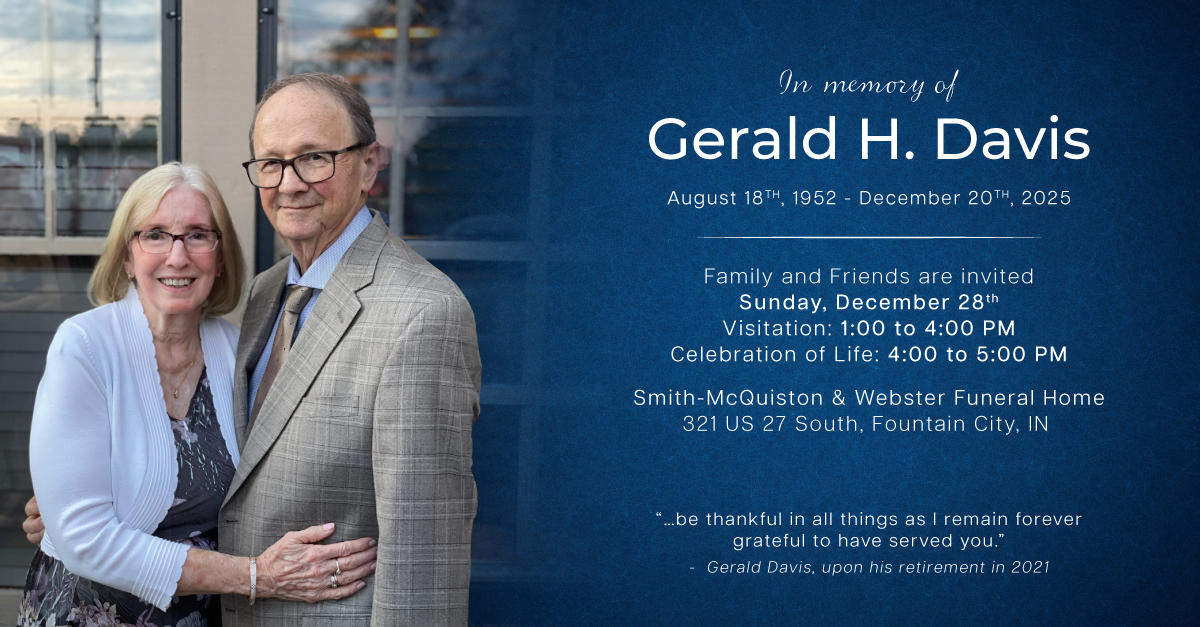Can’t Complain Unless You Train
By Dr. Alan D. Wolfelt, author of Funeral Home Customer Service A-Z: Creating Exceptional Experiences for Today’s Families
In my role as a consultant to funeral service I often receive questions that relate to the importance of staff training. I enjoy hosting trainings twice a year that help funeral directors enhance value in the arrangement conference. Below is a recent question I received that speaks to the importance of staff training.
Question: I spent weeks looking for just the right employee for a job opening we had recently. I felt proud of the effort I put into interviewing and hiring what seemed to be the best person, yet it has been six months since this employee started and she’s not performing up to my expectations. What went wrong?
Answer: A good possibility is that the new person you hired was not given effective training for the job. Some funeral home managers/owners think training means giving new staff members a tour of the funeral home and reviewing the hours they will be expected to work.
Obviously, such cursory introductions don’t really qualify as staff training. If you find yourself thinking the following, you may be among those who have been ignoring both the obligation and the opportunities that are part and parcel of effective staff training.
- My new staff member already has all the skills he needs. After all, didn’t he graduate from mortuary school or work in a similar position in another funeral home?
You may take his ability to perform for granted. One funeral home manager said it this way: “We don’t need to train. We only hire experienced funeral directors.”
Service procedures vary regionally and today’s funeral service consumer has changed. Simply because someone graduated from mortuary school or worked at another funeral home, do not assume he has the knowledge, skills, and personality you want in this important position.
- No one trained the owner/manager, so why should anyone else need to be trained?
Some funeral home managers have been promoted because they are good with families. But this doesn’t mean they’ve ever learned the management skills to train other staff members. These managers sometimes believe (and project to others around them) that no one had to train them, that they just learned everything on the job.
Naturally gifted funeral directors often find it frustrating to watch novices struggle with some aspect of the job that seems second nature to them. The result: impatience when employees don’t instantly perform at high levels.
- I’ve shown him how to do it, but he’s still not doing it well.
I recently visited a funeral home where the manager was unsatisfied with an employee for 12 months. The concern: “He isn’t good in making funeral arrangements. It takes him four hours to complete each one.”
When I saw this staff member, I found him to be very motivated and loyal to the funeral home. He also seemed to enjoy helping families. I asked the manager how much time he had spent training and modeling the new employee for arrangement conferences. The manager responded, “I had him sit in with me two times the first week he was here.”
It became apparent that this manager did not have an understanding of what it takes to develop arrangement skills or the patience to train.
- I work in corporate funeral service. It’s the training department’s responsibility to train, not mine.
What managers who believe this fail to understand is that a training department acts as nothing more than a support system. There is no substitute for an initial training period at the funeral home followed by ongoing coaching by senior staff.
To delegate training to a department based outside your individual funeral home is to invite failure.
- This person knows what to do.
Some employees will come to you with knowledge about funeral service but lack skills in delivering those services. I define skill as the ability to readily and easily utilize knowledge in order to perform.
A recent graduate of mortuary school has knowledge, but she will require both initial training and ongoing coaching in the field—the embalmer in the preparation room, the funeral arranger in the arrangement conference, the receptionist in the reception area and on the telephone. The field is wherever the person works.
People may bring knowledge to your funeral home, but skills are only developed over time.
You must remember this
Several key training principles can improve the employee’s early performance and make both of you happier.
- Those doing the training should be trained to train.
If you have someone on your staff who is patient and enjoys teaching, you may have found a great trainer and mentor for new employees.
- Active participation by the new employee is required.
Simply telling or showing the new staff member what to do is not enough. The new employee must physically perform some of the activity (under supportive supervision) in order to more fully learn the details.
Ten Basic Steps of Training [Sidebar]
- Review the work to be performed.
- Demonstrate the preferred way the work is to be done.
- Explain the most important parts of the task.
- Let them perform the basic elements of the work under your supervision.
- Correct and instruct the new employee.
- Help the new employee do the whole job until a base level of competence is achieved.
- Provide ongoing coaching to be certain they aren’t drifting from the key parts of the job.
- Encourage them to ask questions and seek help when needed.
- Schedule ongoing training opportunities to encourage self-development and reward good work. [End sidebar]
Remember: Mistakes will happen throughout the learning process. Obviously, you will want to work to minimize the impact these mistakes have on the bereaved families you serve. Progress and behavior changes come through increasing strengths.
- Training should be broken down into small increments so the new employee can achieve early success.
This is vital because the reinforcement that comes from achievement is key to the employee’s satisfaction and motivation.
- The training/learning climate should be such that the achievement of the intended objective is the new employee’s responsibility.
This climate includes a clear picture of the end result expected, support from the trainer/manager to get there, and an open line of communication that allows for lots of questions from the new employee.
- The new employee must be motivated if the instruction is to be effective.
Hire employees who are open learners, who realize they don’t know it all. I have observed that some of our more recent graduates of mortuary school are projecting an “I already know that” attitude. In the interview, be on the lookout for the arrogant person who already knows how to do everything in funeral service “the right way.”
My hope is that you will find these principles helpful whether you are hiring a funeral director, a receptionist, or a part-timer to answer the door during visitation. We not only need to give careful attention to the hiring process, but also to the ongoing training needs of employees.
Growing excellent employees means growing an excellent funeral home that is proud to provide quality care to bereaved families. w
Alan D. Wolfelt, Ph.D., is a respected author, educator, and consultant to funeral service. He advocates for the value of meaningful funeral experiences in his death education workshops across North America each year. This article series is excerpted from his new workbook for funeral home staffs entitled “Educating the Families You Serve about the WHY of the Funeral.” He conducts two annual training programs on this topic, one in Fort Collins, Colorado, and one in Scottsdale, Arizona. For more information, call the Center for Loss at 970.226.6050, visit www.centerforloss.com, or e-mail Dr. Wolfelt directly at drwolfelt@centerforloss.com.




